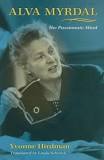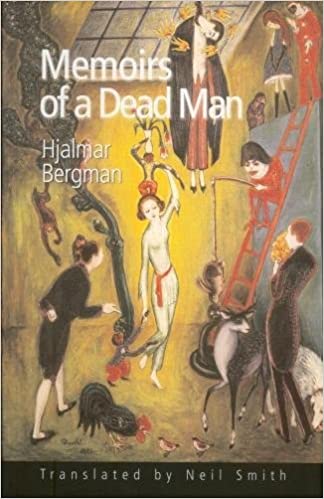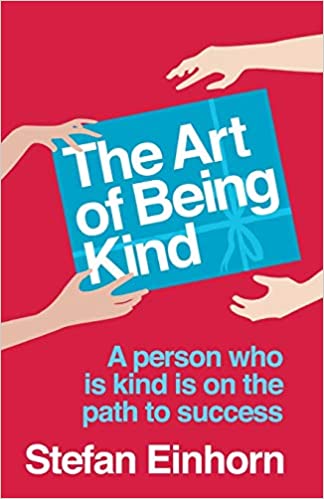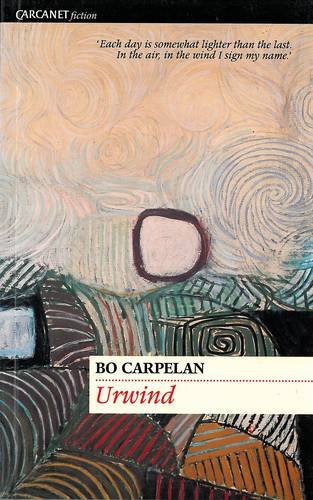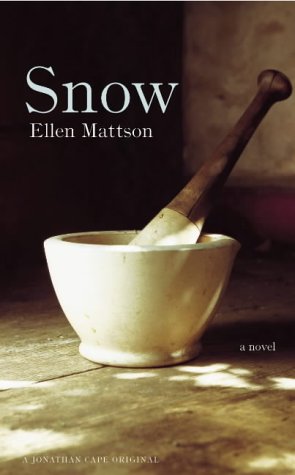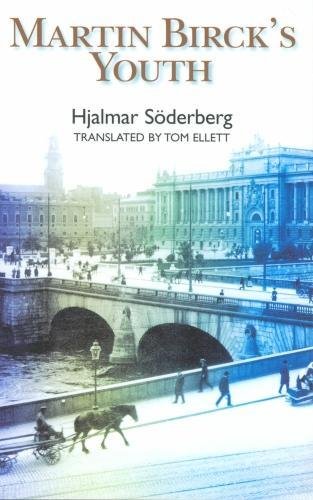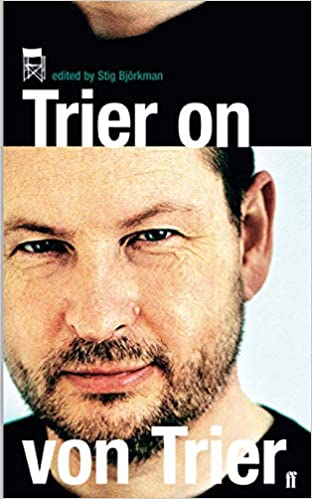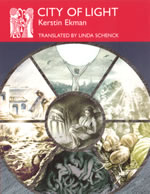As Sweden’s August Prize jury commented, this is poetry ‘both melancholy and impassioned’, expressing a ‘struggle against meaninglessness, disintegration, destruction – against death in life’.
I Studied Once At a Wonderful Faculty is a trilogy comprising Snow Leopard (1987), The Parks (1992) and After Spending a Night Among Horses (1997), coupled with a new cycle of poems, Minerals. Forsström’s poetry draws its sonorous and plangent music from the landscapes of Finland, seeking harmony between the troubled human heart and the threatened natural world. As Sweden’s August Prize jury commented, this is poetry ‘both melancholy and impassioned’, expressing a ‘struggle against meaninglessness, disintegration, destruction – against death in life’.
The translation of After Spending a Night Among Horses is by Stina Katchadourian.
‘Icy intensity…aphoristic as well as mystical…a fragility that is wholly particular…Forsström’s visions of loneliness and despair are tempered by a lyrical pluckiness…the tenderness of snow’ – Adam Thorpe, Observer.
‘Tua Forsström’s poems give a sense of having crystallised under a great pressure…a survey of the landscape of grief, exercises in renunciation and in the affirmation of loss of love, sexuality and communion with others…She belongs to a tradition that includes Rilke, Hölderlin, Paul Celan and the great Swedish poet Gunnar Ekelöf’ – Claes Andersson.
‘Forsström has a superb ability to use the everyday and the practical to get closer to the most complicated elements of life. Her language constantly goes through changes allowing the usual meanings of the words to be replaced by new insights which are a kind of magic ritual. Just like a Native American shaman, she can surely bring forth rain with her poetry if she wishes’ – Gustaf Widén, Hofvustadsbladet.

